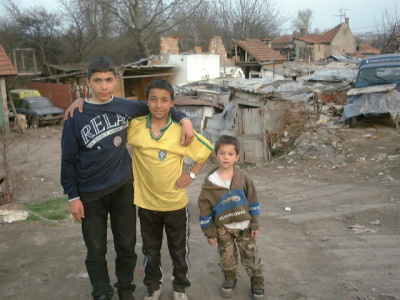Learning: From life versus from cultures
Date posted
There is a belief that we learn best from making own mistakes. To the extent this is true the obverse also holds: we learn from our culture, from those ancestors that have walked the earth before us. An enormous amount of living, of mistakes made and of experiences learned, in cultures throughout the world, have become distilled into sayings and proverbs.
Whether we make our own mistakes or not, we are still all part and parcel of cultures. We are born into cultures. We are socialized into believing in specific value sets and mores. These becomes lighthing rods for our our lives as we grow up, and as we transmit our our lives to the generations that follows us. Proverbs are an element of this intra- and inter-generational and perpetual learning process, one that we all are part of, that we shape, and that shape us. These are cultural processes that are available in all cultures in the world, how different they otherwise might be in appearance, activities, and beliefs.
As I listen to and read these proverbs, what strikes me forcefully is their universality. They express the same – or certainly similar – experiences, values, and world views. Only, these experiences, values, and world views are often expressed with reference to imagery and ideas that are specific to the culture in question. This will, at times, make it difficult to understand the underlying logic and meaning.
Two proverbs that appeal especially to me as I am writing this, are: "The secret to living well and longer is: eat half, walk double, laugh triple, and love without measure" (Tibet), and "Where love reins, the impossible may be attained" (India). Given my special connection with South Asia, the fact that I ended up selecting these two may not be completely accidental.
Below are some proverbs for your edification. Perhaps not surprisingly, several of these proverbs may not be straightforward, you may have to think a bit to unravel it, and make sense of it – your own sense and understanding, that is.
Lars T. Soeftestad
Notes
(1) An earlier version of this article was posted on Facebook 6 December 2020. I am indebted to Sonali Patnaik, Director, Arupa Mission Research Foundation, Gurgaon, Haryana, India, for alerting me to these proverbs.
(2) Image credit: Supras Limited. Young Roma boys, Hyatt settlement, Belgrade, Serbia, 3 March 2002.
(3) Relevant Devblog articles:
(4) Permalink. URL: https://devblog.no/en/article/learning-life-versus-cultures
(5) This article was published 6 December 2020. It was revised 7 December 2020.
Sources
Ancient Provers From Around the World (part 1), at: https://www.youtube.com/watch?v=JCg-pNiHsM4&feature=youtu.be
Ancient Proverbs form Around the Word (part 2), at: https://www.youtube.com/watch?v=c-PSF2YrcY4
